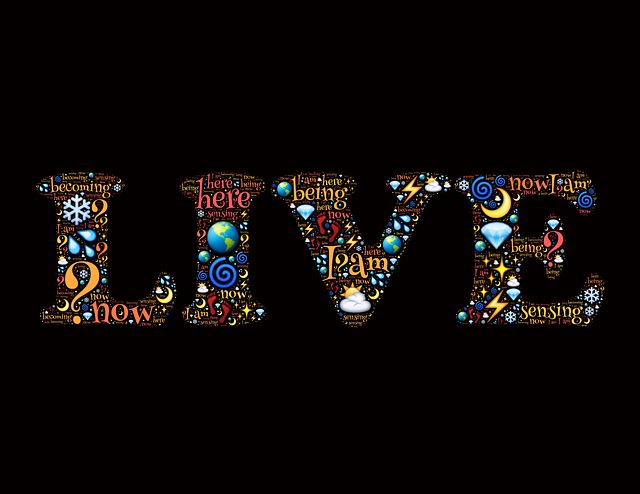In the previous post, I discussed being mindful at work. Among, the suggested ways to be mindful in this environment were slowing down and being grateful. If we slow the pace of our life wherever we are, we can focus on gratitude and develop not only a positive outlook on life but also the resilience to bounce back from setbacks, challenges and difficulties.
Diana Winston, Director of Mindfulness Education at UCLA’s Mindful Awareness Research Center (MARC), maintains that mindfulness is very much about living more in the present moment. In line with this view, she explains the nature of mindfulness in the following way:
Mindfulness is about paying attention to our present moment experiences with openness and curiosity and a willingness to be with what is.
Diana provided this explanation when introducing a gratitude meditation as part of the UCLA’s free, weekly Mindful Awareness Podcasts. In this podcast she highlights the value of being grateful for the small things that make up our daily lives, from moment to moment.
Gratitude for the small things in life
It is not a big deal to be grateful for the small things in our life that we take so much for granted. We can overcome this lack of appreciation through overfamiliarity by slowing down what we are doing and expressing appreciation for the small things in our lives. This can be done as part of a meditation process or “on-the-go-slow”.
Firstly, we can focus on our senses and the wondrous world that is open to us through sight, sound, touch, taste and hearing. With sight alone, we have access to colours, shapes, lightness and darkness and the never-ending variety of the sky, the flowers and trees, the birds and the animals we encounter in nature.
With hearing, we can access a very wide variety of sounds, the nuances in people’s voices, the chorus of birds and the buzz of life around us. Recently, I was playing a game of tennis against a young man who was deaf and his sister, and it prompted me in the moment to be grateful for my hearing. He communicated with his sister by sign language but was unable to communicate with myself and my partner except by hand movements and limited facial expressions. His hearing impediment clearly affected his game. On reflection, I am now conscious that he could not hear the sound of the ball leaving the racquet and be able to judge the speed and distance of the ball that comes with hearing this sound. So, there is a lot to be grateful for with the sense of hearing.
On another occasion, I was playing tennis with a male partner who was becoming increasingly agitated and frustrated with losing points because of his lack of timing and coordination. The temptation was to join in with him and express my own frustration at my own lack of timing – negativity is contagious. However, for once, I just expressed gratitude that I could be playing tennis after a long layoff, that I could run and still play some good shots. I sensed, too, that my partner gained better self-control by the end of the game through the influence of my calmness and focus – positivity is contagious. If we slow down, and savour the moment and what we have, we can achieve better self-management through control over our emotions and our responses.
As we grow in mindfulness, we can more often be-in-the-moment, and develop our positive outlook on life and build our resilience in the face of setbacks, whether at work or play.
By Ron Passfield – Copyright (Creative Commons license, Attribution–Non Commercial–No Derivatives)
Image source: courtesy of dh_creative on Pixabay
Disclosure: If you purchase a product through this site, I may earn a commission which will help to pay for the site, the associated Meetup group and the resources to support the blog.


